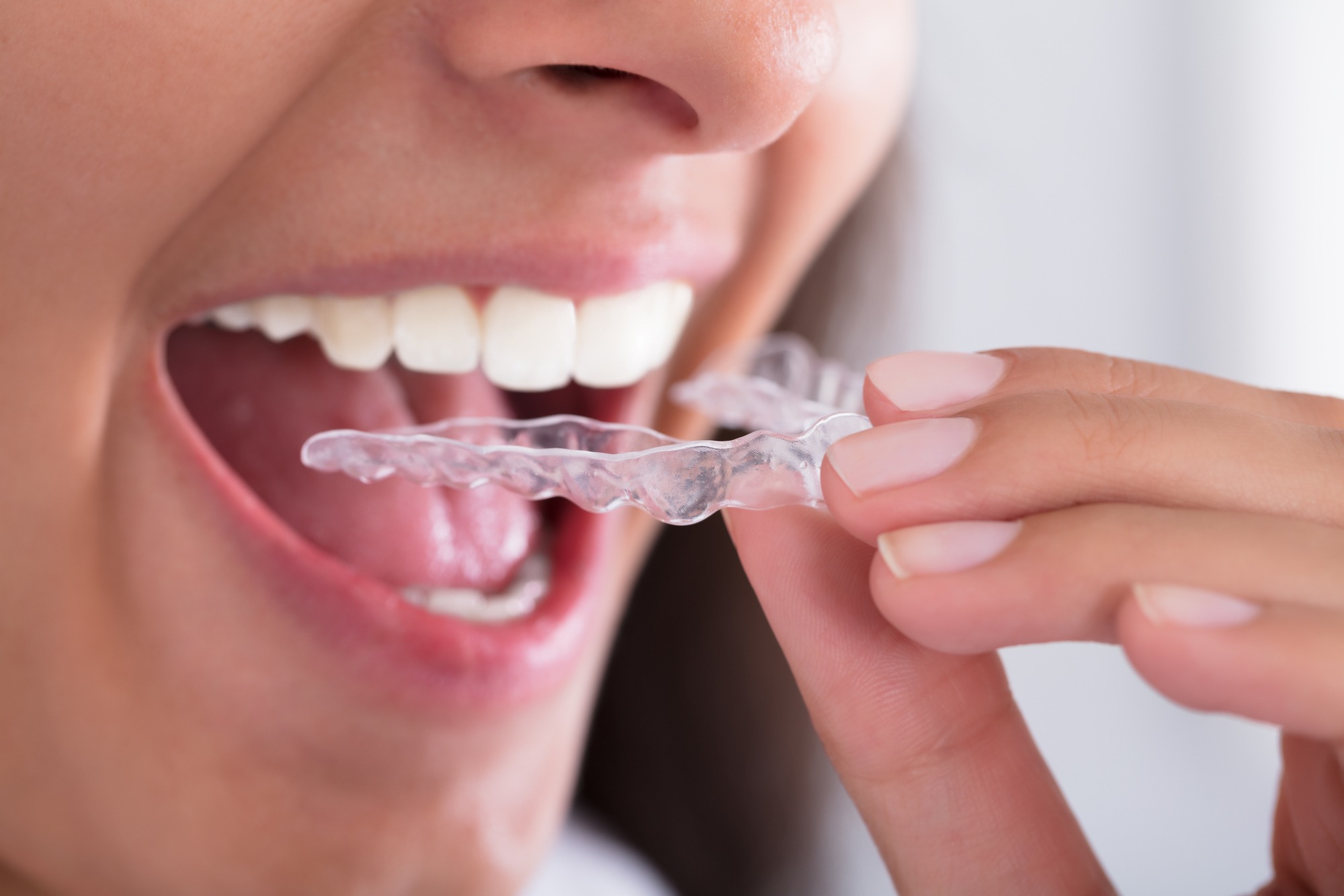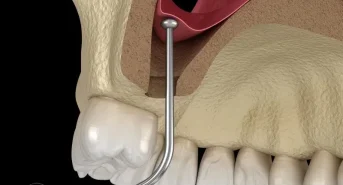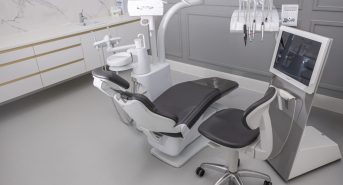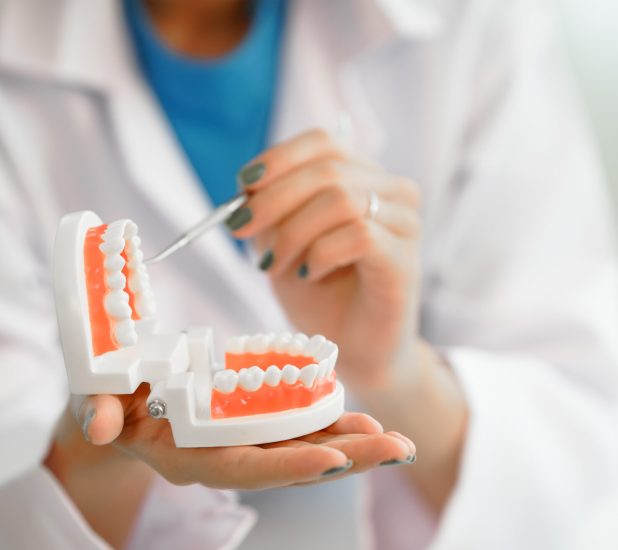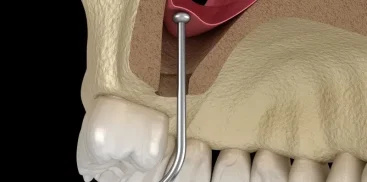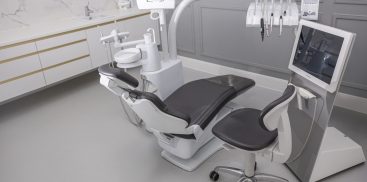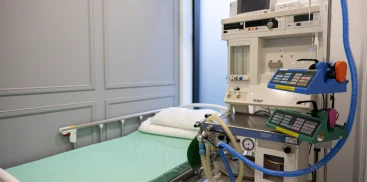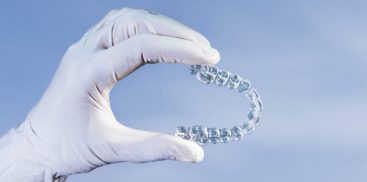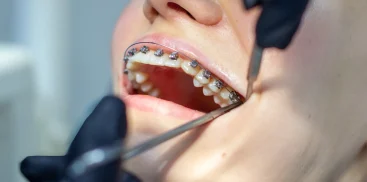Unconscious and excessive squeezing of the teeth and jaw, leading to grinding both during the day and at night, is known as bruxism.
This disease affects people of all ages, and its cases are becoming more frequent each year.
How to deal with it?
How should the treatment process proceed?
What are the main causes?
Here is the key information on this topic.
What is bruxism?
Bruxism is a condition that involves the uncontrolled operation of the chewing muscles.
During an attack, the person unconsciously clenches their jaw and grinds their teeth.
Typically, such episodes are most severe at night.
For this reason, the partners of a person suffering from bruxism are often the first to notice the problem.
Patients themselves realize this when the sounds of teeth clenching are accompanied by pain in the mouth, difficulty with jaw movements, headaches, facial muscle tension and other symptoms.
Untreated bruxism can lead to serious complications.
Causes of bruxism
Bruxism may have various causes, including:
chronic stress, deterioration of health, loneliness, neuroses, problems with the nervous system, incorrect bite or poorly fitting dentures.
It is estimated that approximately 10% of adults in Poland suffer from it.
Symptoms of bruxism
Symptoms include the facial muscles and shoulder girdle, as well as the oral cavity and sensory organs.
They can be noticed in the form of muscle hypertrophy, pain in various parts of the head, tooth wear, hearing or vision problems, and other systemic symptoms.
Consequences of not treating bruxism
Failure to treat bruxism leads to worsening symptoms and serious complications.
In the initial stage of the disease, it is manifested by clenching and scrubbing of the teeth.
Over time, headaches and vision and hearing difficulties appear.
It can also affect other parts of the body, such as the shoulder girdle.
Untreated bruxism can lead to tooth destruction and problems with opening the mouth.
Where to treat bruxism?
Although the main doctor for bruxa If the disease is caused by a dentist, it may be necessary to consult a psychologist, dietician, neurologist or other specialists, depending on the cause of the disease.
Treatment of bruxism
It is not recommended to use home remedies without consulting a specialist.
The dentist may recommend the use of relaxation overlays, drug therapy, bite alignment or other methods depending on the patient’s needs.
Additionally, there are exercises that can help alleviate some of the symptoms of bruxism.
